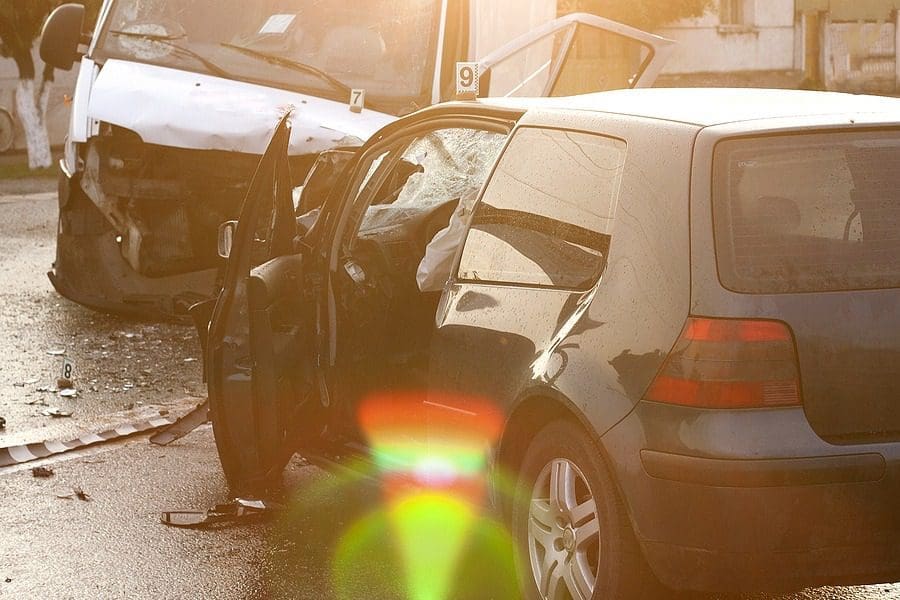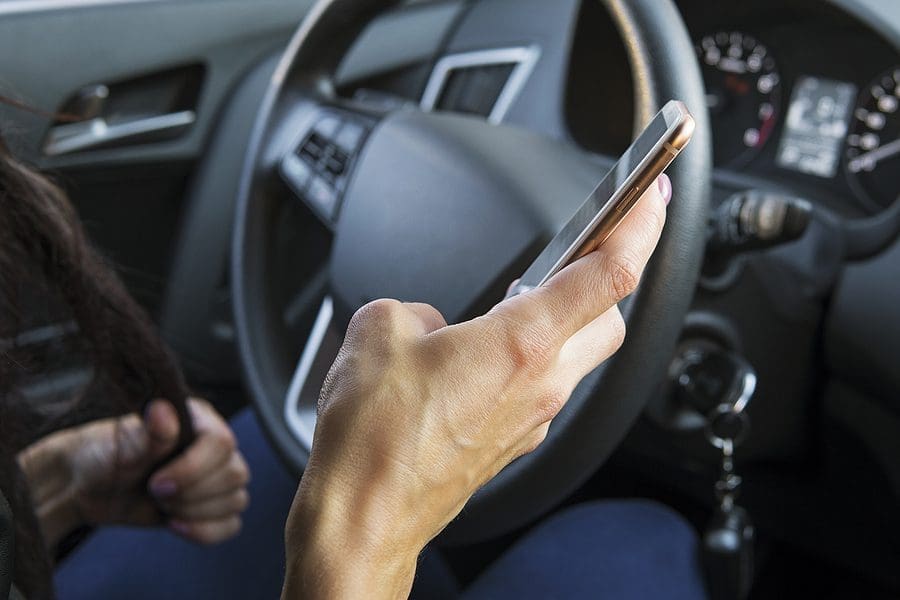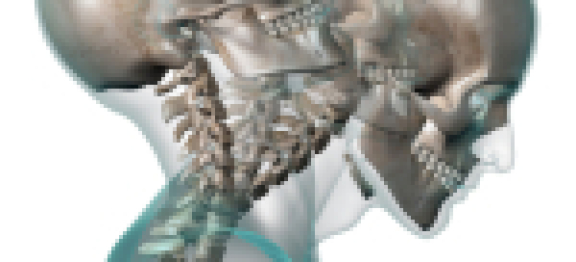JONES LAW GROUPYour Lawyers for Life! Personal Injury Law Firm in St. Petersburg

Any kind of car accident can be catastrophic, of course, but head-on collisions are particularly horrible. While these types of accidents are, thankfully, fairly rare, they tend to either be fatal, or result in injuries that can have lifelong consequences. Safe driving is obviously always a priority, no matter where you live. But in a […]
Call our personal injury law office directly at (727) 512-9847
At Jones Law Group in St. Petersburg, FL, we would like to hear from you. Contact us for a free personal injury case consultation.
Call our personal injury law office at (727) 512-9847
Get educated on the Florida's personal injury laws and more.
Any kind of car accident can be catastrophic, of course, but head-on collisions are particularly horrible. While these types of accidents are, thankfully, fairly rare, they tend to either be fatal, or result in injuries that can have lifelong consequences. Safe driving is obviously always a priority, no matter where you live. But in a state like Florida, which is notorious for being filled with bad drivers, motorists have to be even more vigilant to avoid this most terrible kind of automobile accident.
The attorneys with Jones Law Group would like to help you do just that. We’d like to share some information on why head-on collisions typically occur, and steps you can take to avoid one. If you’re ever hurt in any sort of accident caused by someone else’s negligence, we may be able to help. Please contact us online or call (727) 571-1333 for a free review of your case.
It’s easy to understand why certain kinds of car wrecks happen. One driver may lose control on a slippery road and hit another. Or someone might fall asleep at the wheel and slam into the back of someone else stopped at a red light.
But it’s hard to fathom how a head-on collision can occur. After all, drivers traveling in opposite directions should be able to see each other, right? Plus, opposing traffic lanes should, at least, be clearly marked.
These are just a couple of reasons why head-on collisions don’t happen as frequently. But you would think they shouldn’t happen at all. Unfortunately, they do. These are just a few of the factors that can contribute to them.
The governmental agencies that are responsible for constructing roads will typically do everything they possibly can to make sure all lanes are clearly marked. They’ll work to ensure that motorists will know the direction they’re supposed to travel, no matter what time of the day or night it may be.
The hard truth is that Mother Nature will often make it nearly impossible for someone to be able to see where they’re going. We get a lot of storms that can bring blinding rain. Foggy mornings can reduce visibility down to zero. Even when the sun is shining, it’s often so bright that the glare makes it dangerous to drive.
A head-on collision is more likely to occur due to some sort of human error. Impaired driving is at the top of the list. Whether someone is drunk, on drugs or simply tired, that can exponentially increase the risk of slamming into the front of an oncoming vehicle. An impaired driver on a two-lane highway can easily drift into the wrong lane, with potentially tragic results.
Distracted driving has always been a problem since the first automobiles started sharing the road. But drivers are distracted now more than ever. Between roadside distractions, smartphones and in-car technological gadgets, people are at an incredibly high risk. Doing something as simple as diverting your eyes from the road to talk to a passenger can lead to a head-on collision. Even learning to pick something up can have disastrous results, because if your body moves, your hands will move as well.
Trying to drive in a place you’ve never been before – especially at night – can be scary. You don’t know where you’re going, so you might not pay as much attention to the road as you should. When a motorist is in an unfamiliar area, they are more prone to making sudden, unpredictable decisions behind the wheel. They could easily wind up going the wrong way on a two-lane road.
Being in a strange area becomes even more dangerous when roads aren’t as well-maintained as they should be. Road stripes can fade over time, especially after years of exposure to the sun. Drivers, in some instances, are basically left to guess where they’re supposed to make a turn. Missing signs, such as “wrong way” signs, can also lead to head-on accidents.
While physics doesn’t necessarily explain why head-on collisions occur, it does paint a picture of why they’re so devastating. A head-on wreck exposes drivers and passengers to an incredible amount of energy. They can have air bags and be wearing their seatbelts, but they’re going to be impacted by tremendous forces.
When one vehicle hits another head-on, the speed of at least one of them will immediately go to zero. Have you ever not paid attention to where you’re going and accidentally hit a wall or a door? You probably came to a sudden stop. When this happens in a car at a high speed, the effects on the body are terrible, such as potentially fatal internal injuries.
Thankfully, there are some things you can do to reduce the risk that you’ll ever be involved in a head-on collision. Here are a few to keep in mind.
If you’ve been hurt in a head-on collision due to another driver’s negligence, or another party’s negligence, you’ll need the help of an experienced attorney. The Jones Law Group has that experience, as well as a long track record of success in representing accident victims.
Schedule a free consultation as soon as possible by calling (727) 571-1333 or using our online form.

By: Heath C. Murphy + – Personal Injury This is Part III of VI in my Personal Injury Medical Terms Glossary. When I began this blog I envisioned a 3 part series, but as I began brainstorming the list of injuries and medical terms related to those injuries I was amazed at how quickly the […]

If you’ve been injured in an accident that’s not your fault, the negligent motorist’s insurance company may try to use your driving record in an effort to either reduce the amount of compensation you receive or to deny your claim outright. This is just one of the reasons why you’ll need an experienced attorney fighting […]

A personal injury attorney provides legal representation for those physically or emotionally harmed at the fault of another person. From car accidents to bed bug cases to slip and falls, having a personal injury attorney on your side could be very beneficial to helping you receiving the compensation you deserve. On top of medical bills […]

Is texting and driving more dangerous than drunk driving? According to testing by Car and Driver, the answer is a resounding yes. Car and Driver set up test conditions on an airport runway to determine how two driver would react when reading, texting, and while drunk. The test gauged reaction times by having the drivers […]

Nearly any kind of personal injury accident can lead to a broken bone. Many people underestimate the impact of a broken or fractured bone (essentially the same thing) on a person’s quality of life. Broken bones happen to thousands of people daily – about 7.6 million people break a bone yearly. If you’ve suffered a […]

The injuries sustained in an auto or motorcycle accident may not always be apparent at the accident scene or even hours later in the hospital. Obviously, broken bones and lacerations will be immediately noticed and treated. However, there are some fairly common injuries that occur as a result of accidents which can be unknown and […]
Speak with us before time runs out! In Florida, you have a limited window to file a personal injury case, so speak to an Attorney today.
Call our personal injury law office directly at (727) 512-9847
Jones Law Group is a dedicated personal injury lawyer in St. Petersburg, FL, serving the Tampa Bay area since 2006. Our experienced attorneys specialize in car accidents, slip and fall cases, employment law disputes, construction law issues, and overtime wage claims, fighting for maximum compensation on a contingency fee basis. Contact us for a free consultation to discuss your case.
Call our personal injury law office at (727) 512-9847
© Copyright 2006–2025 Jones Law Group Attorneys at Law. All rights reserved. Privacy Policy Terms of Use
Attorney Advertising.
The information on this website is for general information purposes only. Nothing on this site should be taken as legal advice for any individual case or situation. This information is not intended to create, and receipt or viewing does not constitute, an attorney-client relationship. Past results do not guarantee similar outcomes.
Are you injured or wronged and interested in a consultation? Fill out the form for a free consultation with us.